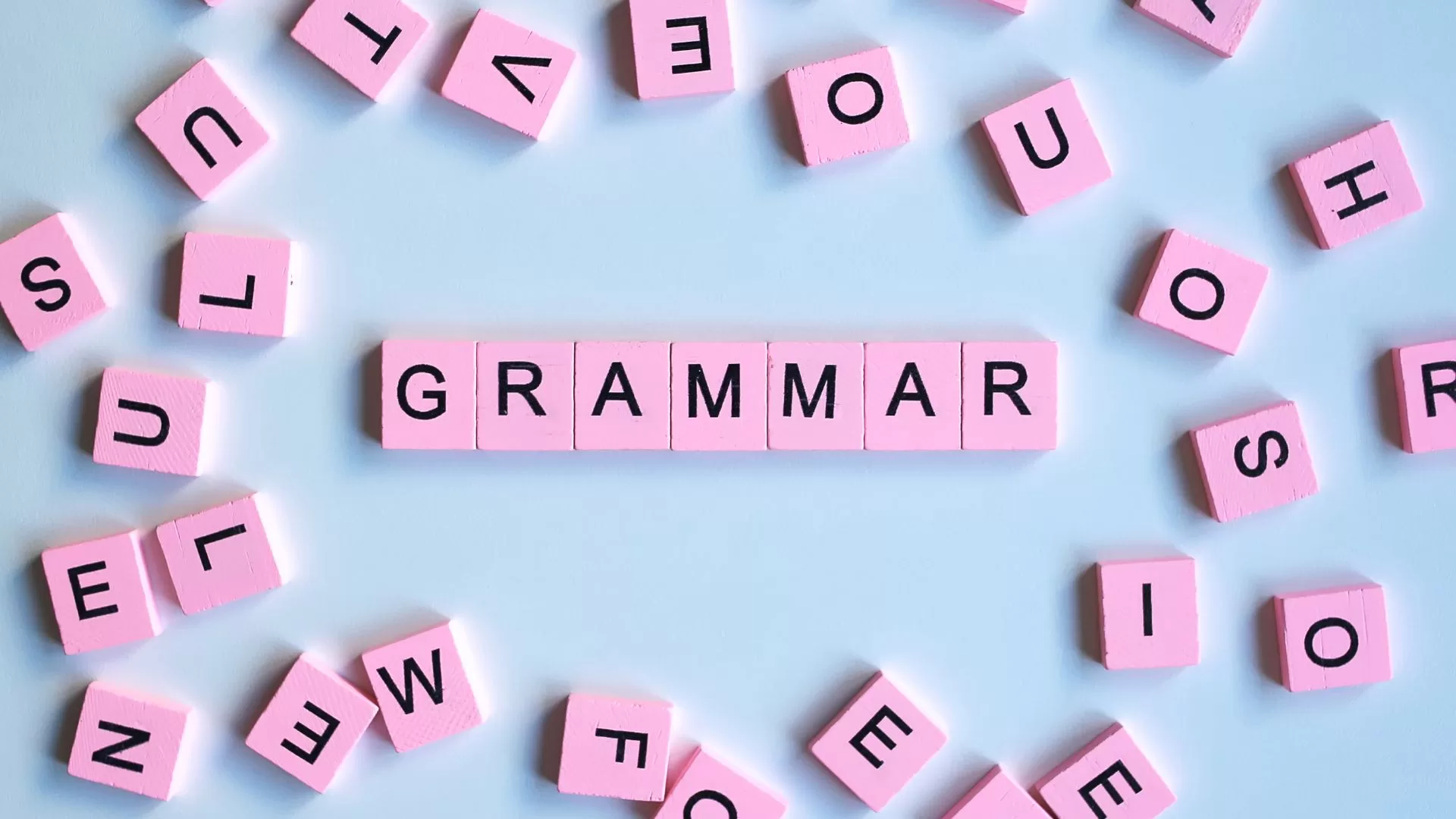Imagine you’re assembling a puzzle, and there’s a piece that seamlessly connects different parts, creating a complete, vivid picture. That’s the role of relative pronouns in language. They might not always be the center of attention in our grammar discussions, but these little words play a crucial role in connecting ideas, adding detail, and making our sentences flow. Grasping relative pronouns is not just about acing grammar tests; it’s about polishing our everyday communication, making it more coherent, precise, and engaging.
What Are Relative Pronouns, Anyway?
Relative pronouns include words like ‘who,’ ‘whom,’ ‘whose,’ ‘which,’ and ‘that.’ They introduce relative clauses, which provide additional information about a noun without starting a new sentence. Think of them as the linguistic equivalent of a Swiss Army knife—versatile and incredibly useful.
The ‘Who’ Family: Human Connections
‘Who,’ ‘whom,’ and ‘whose’ are primarily used when referring to people. ‘Who’ and ‘whom’ are about the people doing something or being something, while ‘whose’ indicates possession.
For instance, consider the sentence, “The woman who called you is waiting outside.” Here, ‘who’ links the woman to the action of calling. It’s much smoother than saying, “The woman is waiting outside. She called you.” Now, let’s spice things up with ‘whom,’ often seen as the formal or old-fashioned sibling of ‘who.’ In a sentence like, “The man to whom you gave the book is my professor,” ‘whom’ is used because it’s the object of the verb ‘gave.’ And yes, ‘to whom’ sounds a bit like something out of a period drama, but it has its charm!
‘Whose’ gets in on the action when it’s time to show ownership. “The student whose books were stolen was very upset.” Here, ‘whose’ links the student to the books.
‘Which’ and ‘That’: Beyond Humans
When we’re not talking about people, ‘which’ and ‘that’ come into play. They’re used for animals, things, and sometimes, for groups of people. ‘That’ is the more straightforward of the two, often used in restrictive clauses (essential information about the noun). For example, “The car that broke down was towed.” The clause ‘that broke down’ is crucial; without it, we wouldn’t know which car we’re talking about.
‘Which,’ on the other hand, often introduces non-restrictive clauses (extra, non-essential info). Picture a sentence like, “The bakery, which opened last year, is already famous.” The clause ‘which opened last year’ adds flavor to the sentence but isn’t essential for understanding it.
Relative Pronouns in Action: Real-Life Magic
Here’s where the fun begins. In everyday conversation and writing, relative pronouns are your allies in being clear and concise. Let’s say you’re telling a story: “My neighbor, who is an excellent baker, made a fantastic cake.” The relative pronoun ‘who’ helps you paint a more vivid picture without creating a sentence overload.
Or in a professional email, instead of writing, “Please review the report. I sent the report yesterday,” you can elegantly say, “Please review the report that I sent yesterday.” It’s not just grammatically sound; it’s music to a reader’s ear.
Navigating Tricky Waters
Relative pronouns can be tricky, especially when deciding between ‘who’ and ‘whom’ or ‘which’ and ‘that.’ A quick tip: ‘Who’ is used as a subject (who does something), while ‘whom’ is used as an object (to whom something is done). And remember, ‘that’ for essential info, ‘which’ for the extra details.
Conclusion: Embracing the Power of Relative Pronouns
In conclusion, relative pronouns may seem like a small part of grammar, but they pack a powerful punch in enhancing our communication. They help us weave complex ideas into coherent, detailed, and engaging narratives. So, the next time you find yourself crafting an email, telling a story, or even writing an article, remember the mighty relative pronouns. They’re not just grammatical tools; they’re the secret ingredient in the art of eloquent and effective communication. Dive into their world, experiment with them in your sentences, and watch your language skills flourish.










0 Comments